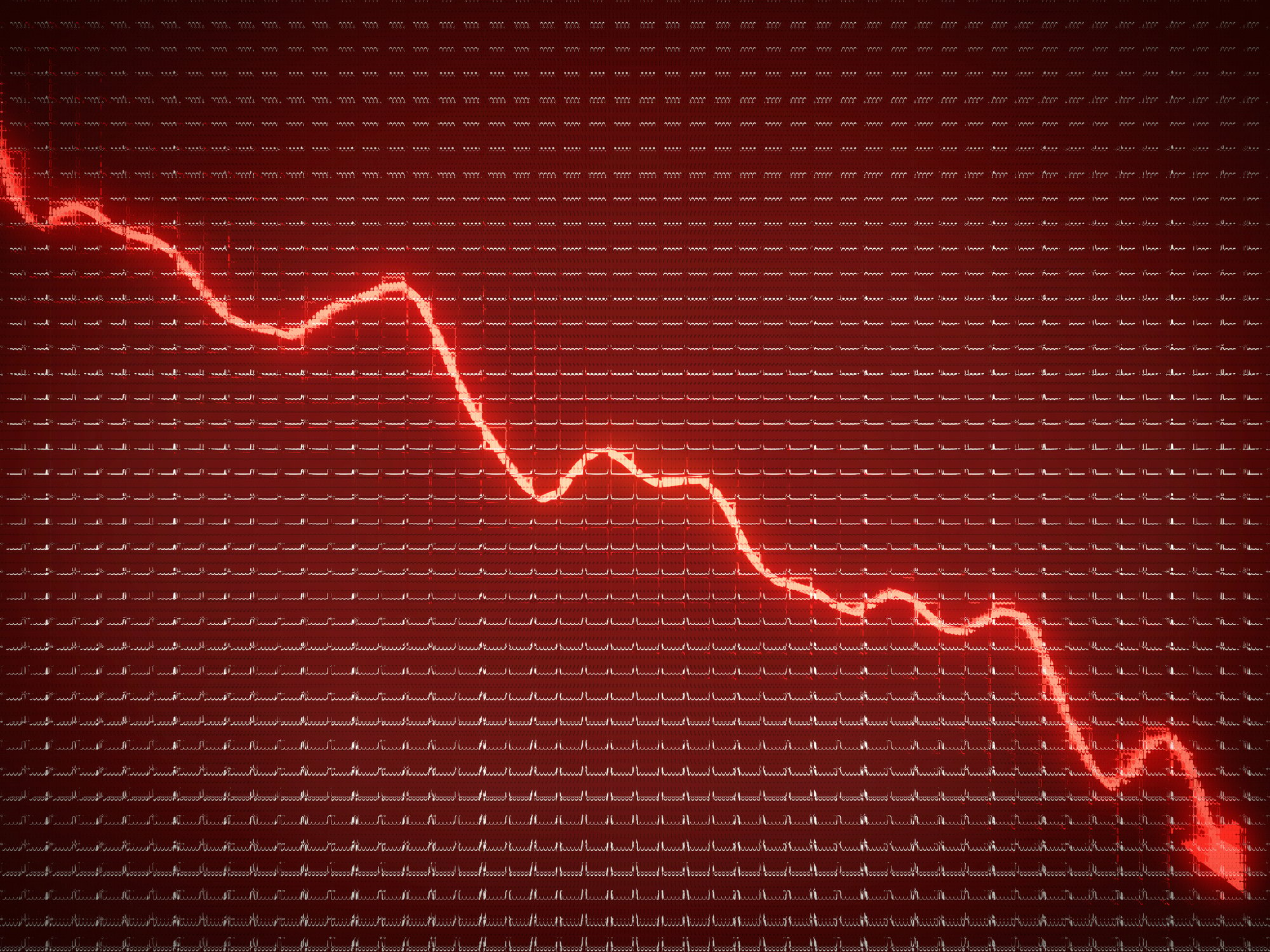At The Motley Fool, we poke plenty of fun at Wall Street analysts and their endless cycle of upgrades, downgrades, and "initiating coverage at neutral." Today, we'll show you whether those bigwigs actually know what they're talking about. To help, we've enlisted Motley Fool CAPS to track the long-term performance of Wall Street's best and worst.
Goldman on the cutting edge
And speaking of "the best," few analysts out there have been more right about telecom equipment maker Infinera (INFN +0.00%) than Goldman Sachs. Although a perpetual favorite on CAPS, scoring a full five-star rating from our members, Infinera has never been particularly profitable at Goldman. This investment banker has pegged Infinera to underperform the market since way back in 2010 -- and it's been right.
Very right. 73 percentage points worth of market-underperformance right. Fact is, the same stock that Goldman said was a sell two years ago, at $11.86, is worth only $7.30 today -- in a market that's up 35%. That's why it's so significant to note that on Tuesday, Goldman removed its "sell" rating from Infinera, and began making cautiously optimistic noises about the stock instead.
According to StreetInsider.com, Goldman now believes that Infinera has reached a "bottom" in its gross margins (which averaged about 36% last year). From here on out, the company will be making mainly "higher-margin blade shipments following the initial install of lower-margin chassis," says the analyst. And this has Goldman upping its expectations for earnings per share, and pulling forward its prediction for the date Infinera turns profitable by a full year. Goldman now sees pro forma profits arriving in 2014. A year later -- Goldman sees Infinera turning GAAP profitable as well.
Cautious optimism
For the record, even this bold claim (Infinera hasn't booked a real profit since 2008 ) may be conservative. Most analysts agree 2014 is the year Infinera turns the corner, with estimates averaging $0.16 per share pro forma for that year. Goldman, in contrast, is calling for only $0.06 pro forma.
Goldman's right to be cautious, too. Across the networking equipment industry, things are still in a funk. Ciena Corporation (CIEN +3.34%) has seen its gross margins plunge more than 10 percentage points -- a fifth of its gross profits -- over the past five years. Alcatel-Lucent (NYSE: ALU) experienced a near-5-percentage point drop last year alone. Both these rivals are currently burning cash, and Infinera is, too, with negative free cash flow approaching $75 million in 2012 .
This being the case, Goldman's making a pretty bold call in trying to time the bottom on an industry that's been looking pretty bottomless so far. Indeed, I'd go so far as to see I think the analyst may be both early, and wrong, in placing a bet on Infinera. Of the three turnaround plays named so far, Infinera is arguably the most expensive at a price-to-sales ratio of 1.8. Ciena costs only half as much -- 0.9 times sales. And if you really want to roll the dice, Alcatel at a mere 0.2 times sales has the most potential upside ... assuming it doesn't go totally bankrupt before it turns around.
Foolish takeaway
If you ask me, rather than betting on a turnaround among telecom equipment sellers, investors may be better off investing in telecom equipment buyers instead. Industry giants AT&T (T 0.41%) and Verizon (VZ 1.15%) are both solidly profitable, and generating strong free cash flows from their businesses. Last year, AT&T churned out a record $19.5 billion in positive free cash flow. Verizon did nearly as well, producing $15.3 billion in cash profits.
In addition to these companies being on more solid footing, business-wise, remember too that in order for things to turn around for the equipment sellers, the equipment buyers have to be doing well as well. In other words, if sales begin to pick up for Infinera and its peers, this almost of necessity implies that business must be booming for the companies they're selling to -- Verizon and AT&T.
Given my druthers, I'd rather invest in the companies that could do well tomorrow ... and are already doing pretty well today. AT&T and Verizon fit the bill on both counts.









